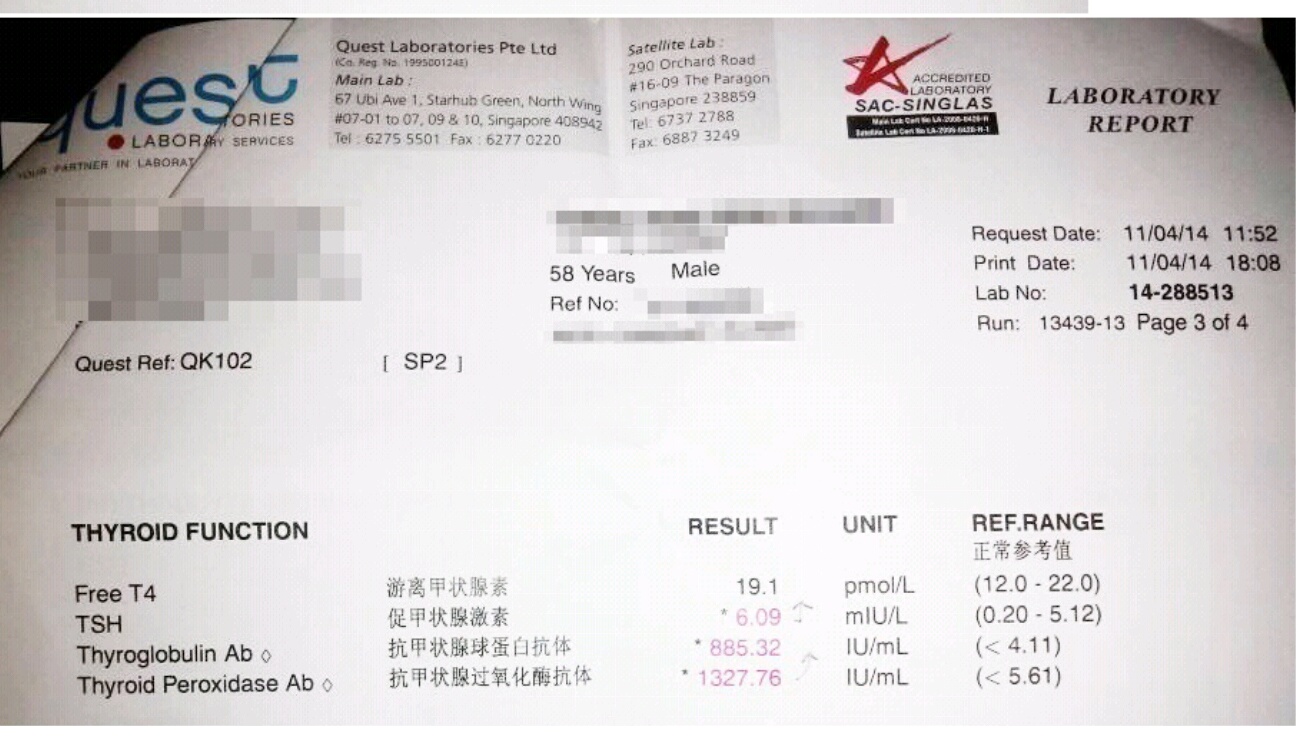



The responses to questions were formatted, when possible, in the form of a formal clinical recommendation statement.

Ethics reviews were provided, when relevant, by a bioethicist. Clinical reviews were supplemented, when relevant, with related mechanistic and bench research literature reviews, performed by our team of translational scientists. The clinical literature relating to each question was then reviewed. Methods: Task force members identified 24 questions relevant to the treatment of hypothyroidism. This document is intended to inform clinical decision-making on thyroid hormone replacement therapy it is not a replacement for individualized clinical judgment. We wished to determine whether there are sufficient new data generated by well-designed studies to provide reason to pursue such therapies and change the current standard of care. The purpose of this task force was to review the goals of levothyroxine therapy, the optimal prescription of conventional levothyroxine therapy, the sources of dissatisfaction with levothyroxine therapy, the evidence on treatment alternatives, and the relevant knowledge gaps. With a little patience and a daily reminder, individuals with hypothyroidism should be able to find the right dosage and return to living and enjoying life with restored energy and balance.Background: A number of recent advances in our understanding of thyroid physiology may shed light on why some patients feel unwell while taking levothyroxine monotherapy.
#Hypothyroidism medication how to#
Here are our 5 top tips on how to deal with Hypothyroidism. When starting a new thyroid medication or adjusting your medication dose, you should stay in close contact with your doctor to discuss any physical changes or side effects you experience. Since everybody is different, every person will respond a little differently to thyroid medication. Physical changes which might lead to an increased or reduced dose include pregnancy, menopause, and the natural aging process. Hypothyroidism is, unfortunately, a lifelong condition and usually requires lifelong treatment. After finding the right dose of thyroid medication, certain life changes can affect your body’s chemistry, prompting another period of dose adjustment with your doctor. Also, to ensure proper absorption, these medications should also always be taken on an empty stomach and at least four hours apart from other medications, vitamins, and fiber supplements. You can read an article on how to best take thyroid medication. As a result, your doctor might need to make lots of minor adjustments to your prescription before you feel completely normal and healthy again.įor consistent and effective results, medications with a narrow therapeutic index must be taken exactly as prescribed by your doctor, at the same time each day. Thyroid medications are categorized as having what is called a narrow therapeutic index, which means that even the slightest differences in dosages can make huge differences inside the body. Reaching Prescription Perfection Takes Patience If you experience any of these symptoms after starting a new thyroid medication, changing medication brands or after changing the dose of your thyroid medication, you should speak with your doctor. Patients who begin with too high of a dose can experience side effects of the medication which feel similar to the symptoms of hyperthyroidism (overactive thyroid). When starting thyroid medication for an underactive thyroid, it can take some time working with your doctor to determine the exact dose needed to balance your body’s hormone production. Potential Side Effects of Starting Thyroid Medication Once an appropriate dose has been determined, your doctor will likely schedule a six-month follow-up blood test and appointment and then ongoing annual wellness exams to ensure proper treatment. During this time, doctors work with patients, adjusting medication dosages, until a healthy level of thyroid stimulating hormone consistently shows up in blood tests. The doctor will also schedule follow-up blood tests every six to eight weeks after the patient begins medication.
#Hypothyroidism medication trial#
Determining the best medication for a patient and the right dose requires patients to work with their doctors through a process of trial and error, which can sometimes take several weeks or months to get exactly right.Īfter a patient’s initial hypothyroidism diagnosis, his or her doctor will likely prescribe a low dose of synthetic thyroid hormone (thyroid medication). When starting thyroid medication, it’s important to remember that hypothyroidism, has no one-size-fits-all treatment plan. Medication for hypothyroidism (underactive thyroid) aims to balance the amount of thyroid stimulating hormone (THS) inside your body and as a result, restore your body’s hormones and metabolism to normal levels.


 0 kommentar(er)
0 kommentar(er)
